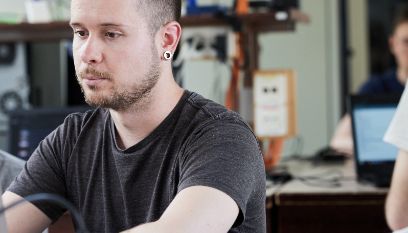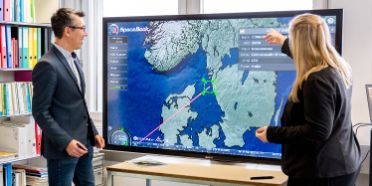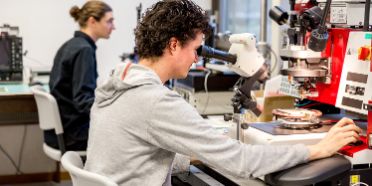Profile content
You acquire in-depth knowledge and skills in software engineering and technologies, distributed information systems, cybersecurity, advanced user interfaces, embedded computing and communication systems.
What you will gain your degree
Your skill in analysing and evaluating new technologies and research strategies for innovative solutions will make you a sought-after professional in the job market. You write your project assignments and master’s thesis in laboratories furnished with modern equipment.
A network made up of industry partners, business partners and every Swiss university of applied sciences provides access to highly relevant and up-to-date engineering expertise nationwide.
Focus areas



















